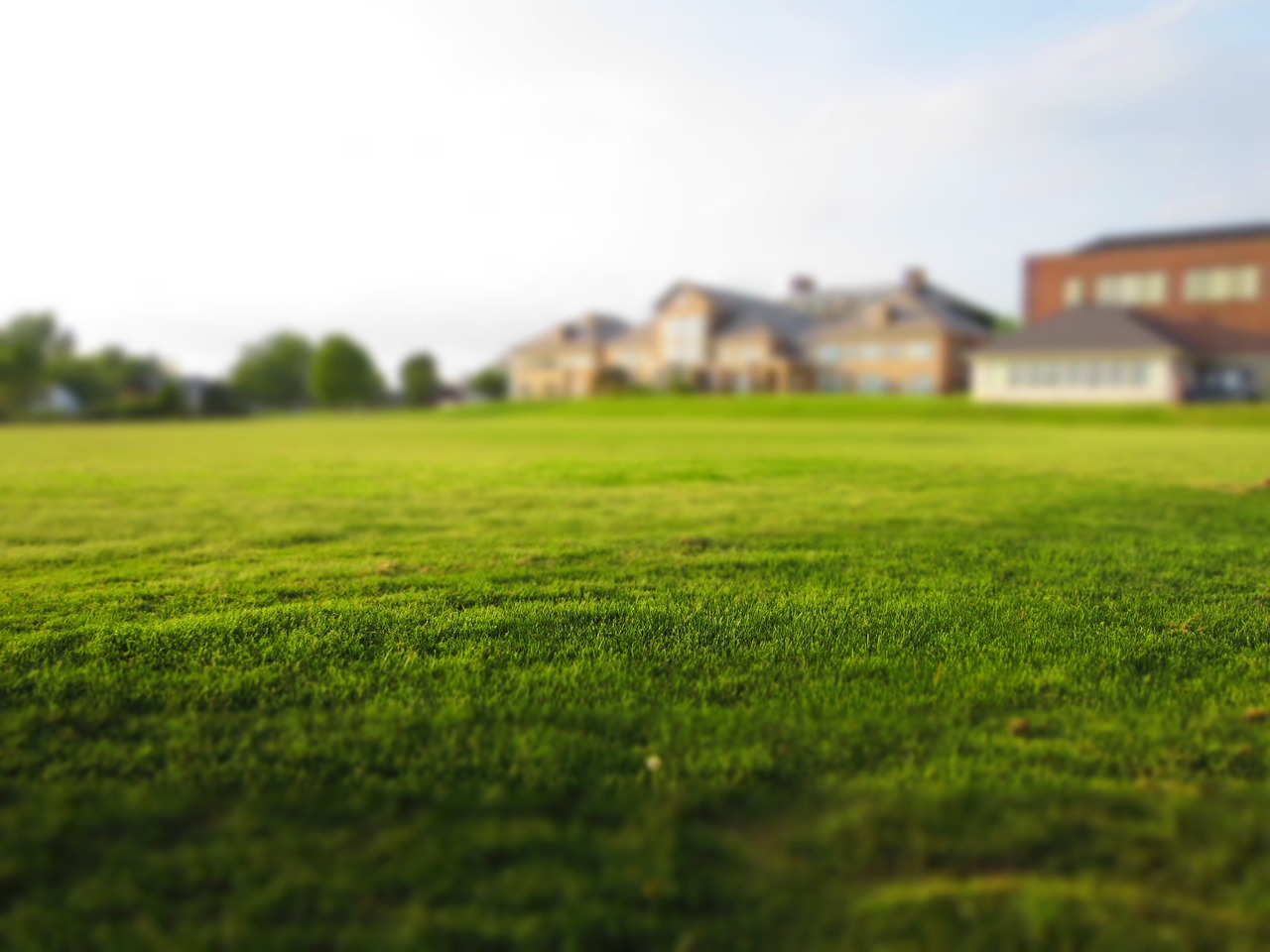Spring Bermuda Turf Care Tips for March in the Atlanta Market

As winter transitions into spring, it's time to start thinking about caring for your Bermuda turf in the Atlanta market. March marks the beginning of the growing season for Bermuda grass, and proper care during this time can set the stage for a lush, healthy lawn throughout the rest of the year. In this blog post, we'll discuss some essential turf care tips specifically tailored to the Atlanta climate and Bermuda grass variety.
- Scalping: March is the ideal time to scalp Bermuda grass, which involves mowing the lawn at a very low height to remove dead material and promote new growth. Set your mower to its lowest setting and mow the lawn to a height of around 1/2 inch. This process helps to remove thatch and allows sunlight to reach the soil, stimulating the grass to green up and start growing vigorously.
- Fertilization: Early spring is the perfect time to apply a high-nitrogen fertilizer to your Bermuda turf. Look for a fertilizer with a 3-1-2 ratio of nitrogen, phosphorus, and potassium, which will promote strong, healthy growth. Be sure to follow the application instructions on the product packaging, and water the lawn thoroughly after applying the fertilizer to help it soak into the soil.
- Weed Control: As the weather warms up, weeds will start to become more active in your lawn. Consider applying a pre-emergent herbicide in early March to prevent the germination of weeds such as crabgrass and clover. Be sure to choose a product that is safe for Bermuda grass, and follow the manufacturer's guidelines for application.
- Irrigation: In March, it's important to keep a close eye on the moisture levels of your Bermuda turf. While the weather may still be cool, the grass will begin to break dormancy and will require more water as it starts actively growing. Aim to provide about 1 inch of water per week, either through rainfall or irrigation. Pay attention to signs of overwatering or underwatering, and adjust your watering schedule accordingly.
- Aerating and Dethatching: If your lawn suffered from heavy thatch or compacted soil during the winter, consider aerating and dethatching in early spring. Aerating helps to relieve soil compaction and improve the flow of air, water, and nutrients to the grass roots, while dethatching removes the layer of dead grass and roots that can suffocate the lawn.
- Pest and Disease Management: Keep an eye out for signs of pests and diseases in your Bermuda turf, such as grubs, armyworms, or fungal infections. If you notice any issues, consult with a local lawn care professional to determine the best course of action for treatment.
By following these spring turf care tips for Bermuda grass in the Atlanta market, you can help ensure that your lawn remains healthy and vibrant throughout the growing season. Remember that consistent care and maintenance are key to achieving a beautiful Bermuda turf, so stay proactive and attentive to your lawn's needs as the weather continues to warm up.
Contact Us for a Consultation
Here at Georgian Landscape Design, we have the skills to bring your visions to life. Whether you want a stunning new pool to show off to your guests or need to keep your yard well-maintained, our expert team is at your service.
Our top priority is customer service, and after 10 years of serving all of metro Atlanta and North Georgia, that hasn’t changed. Contact us today online or via phone at (770) 417-8737 to schedule a consultation with our skilled team. We can’t wait to transform your yard!
